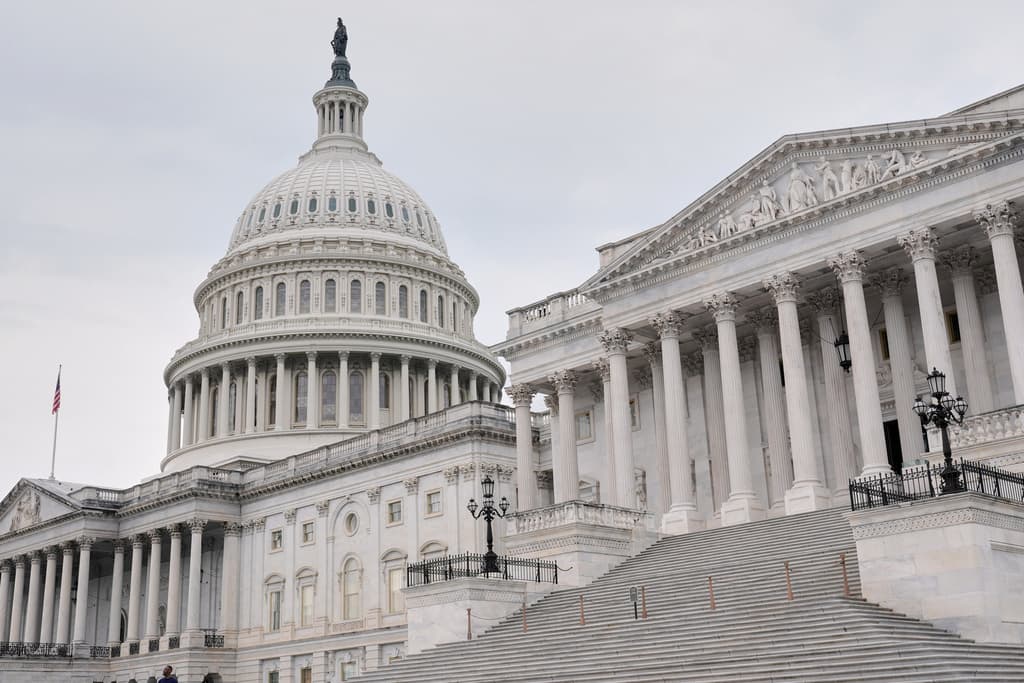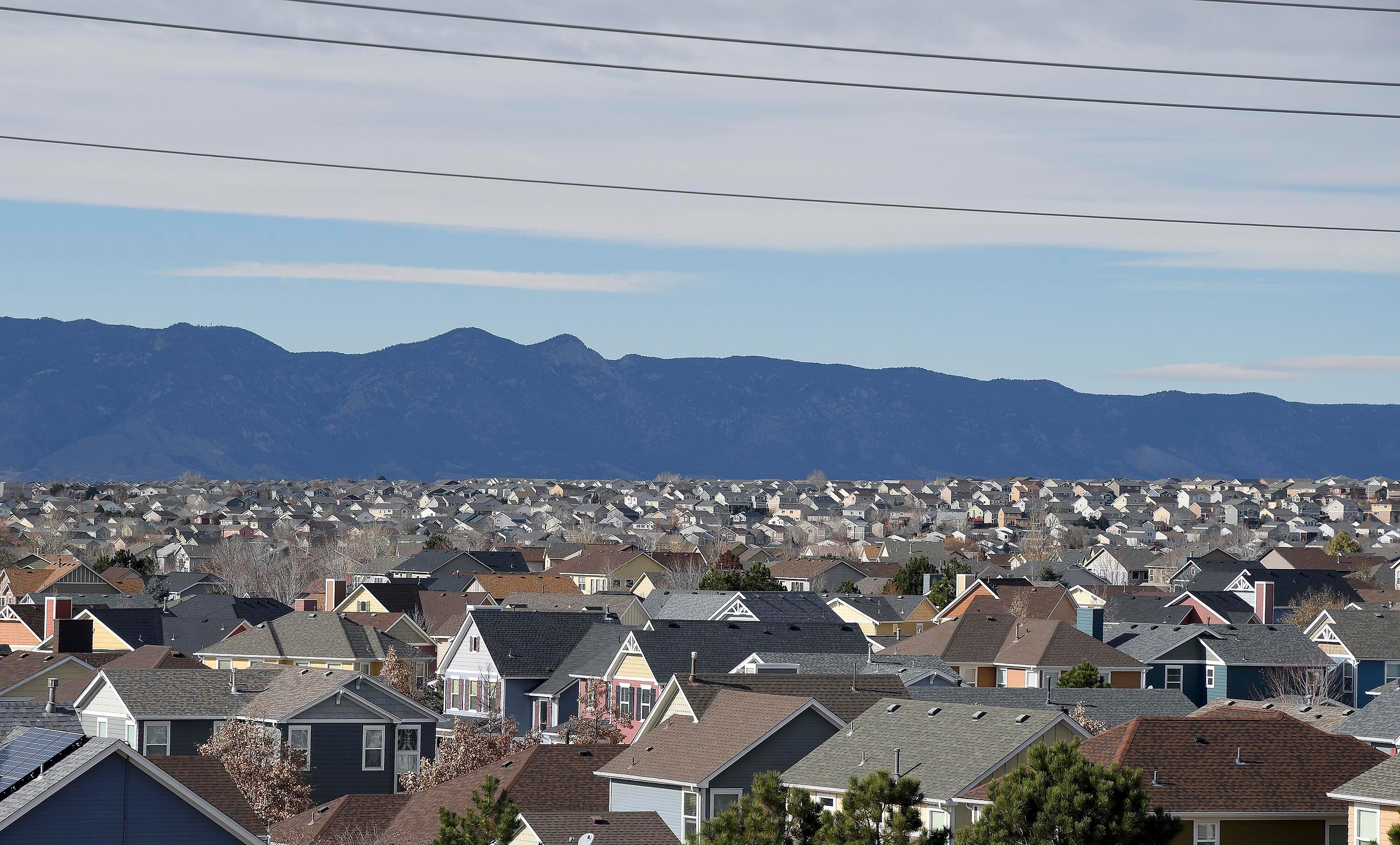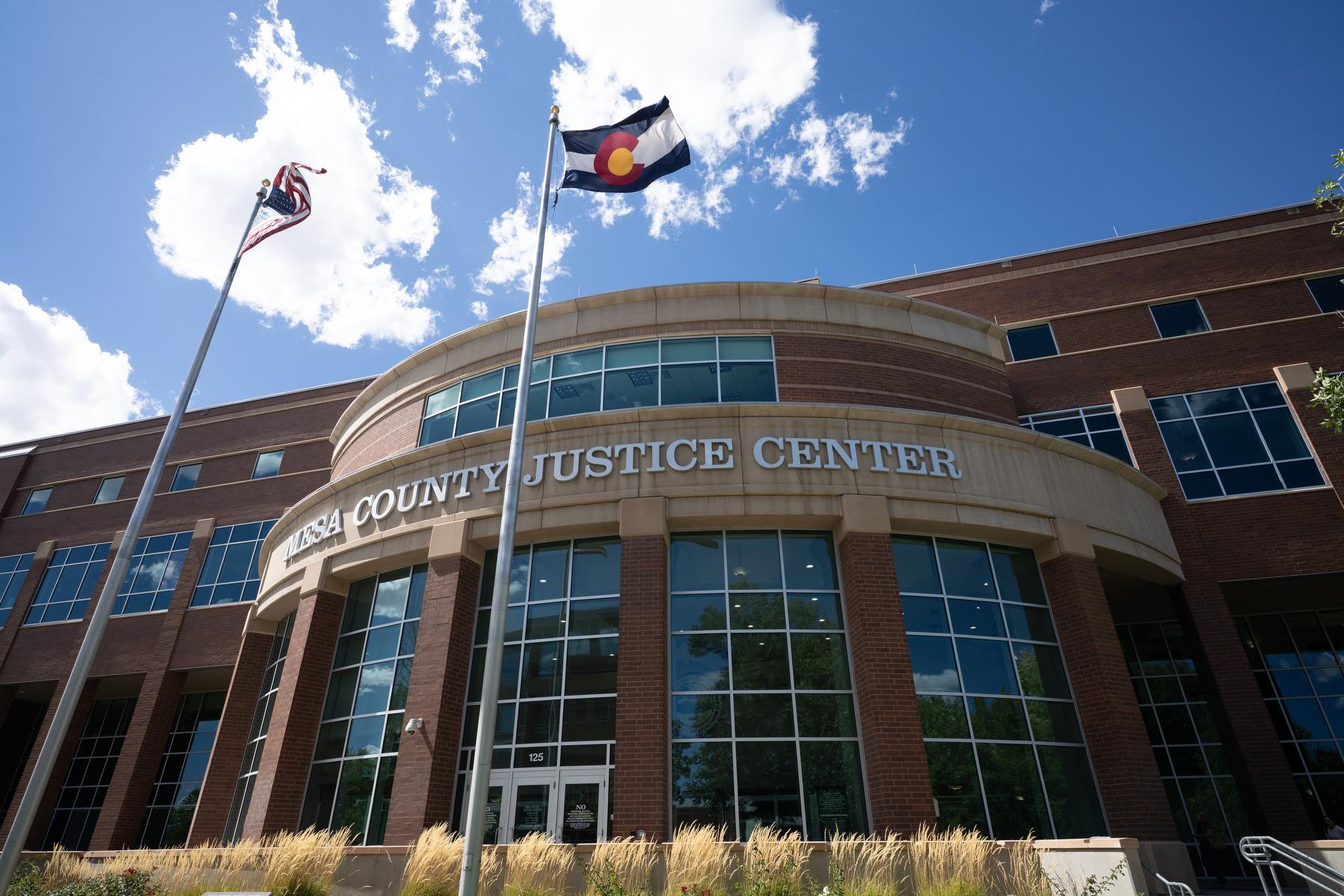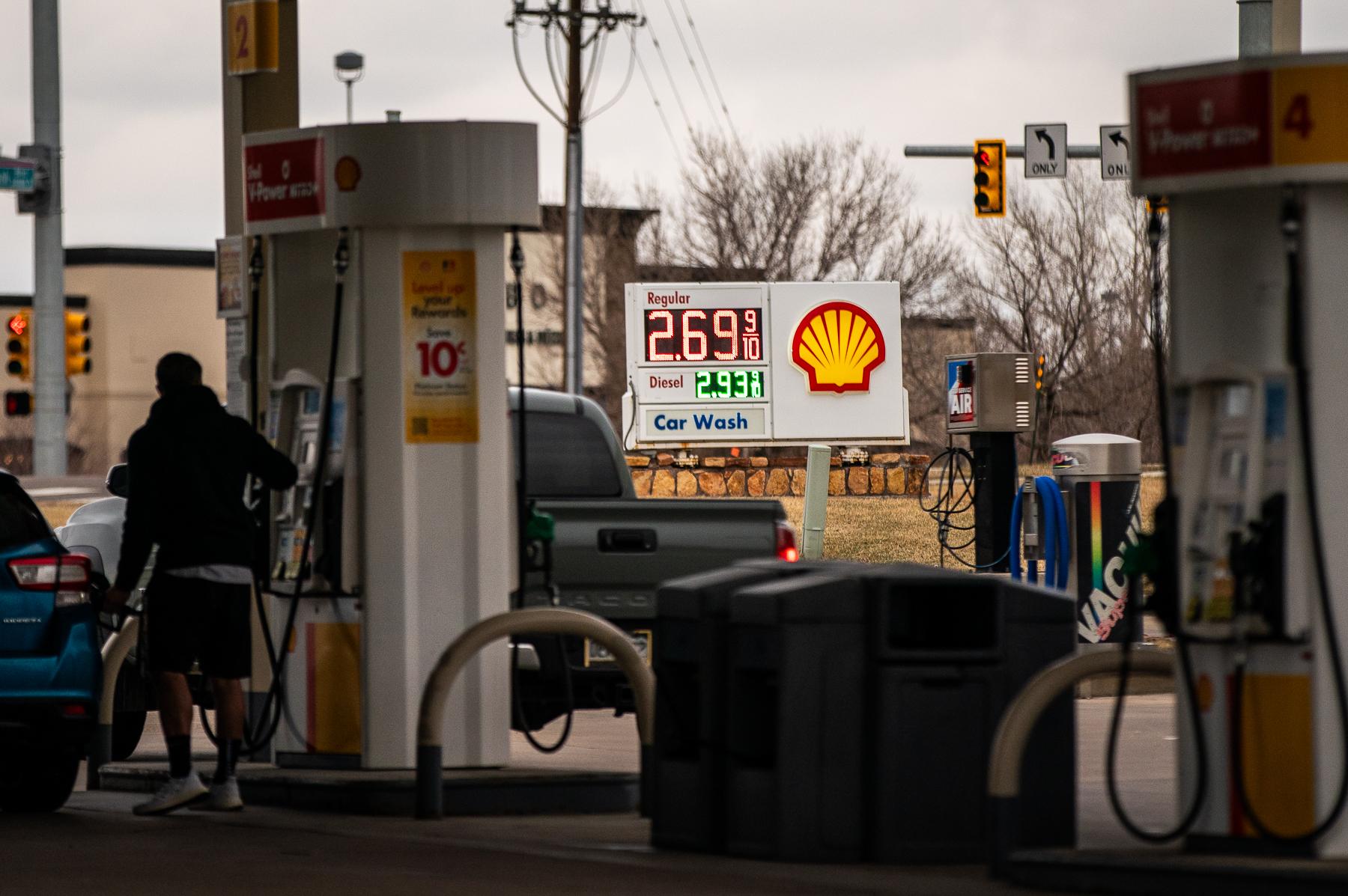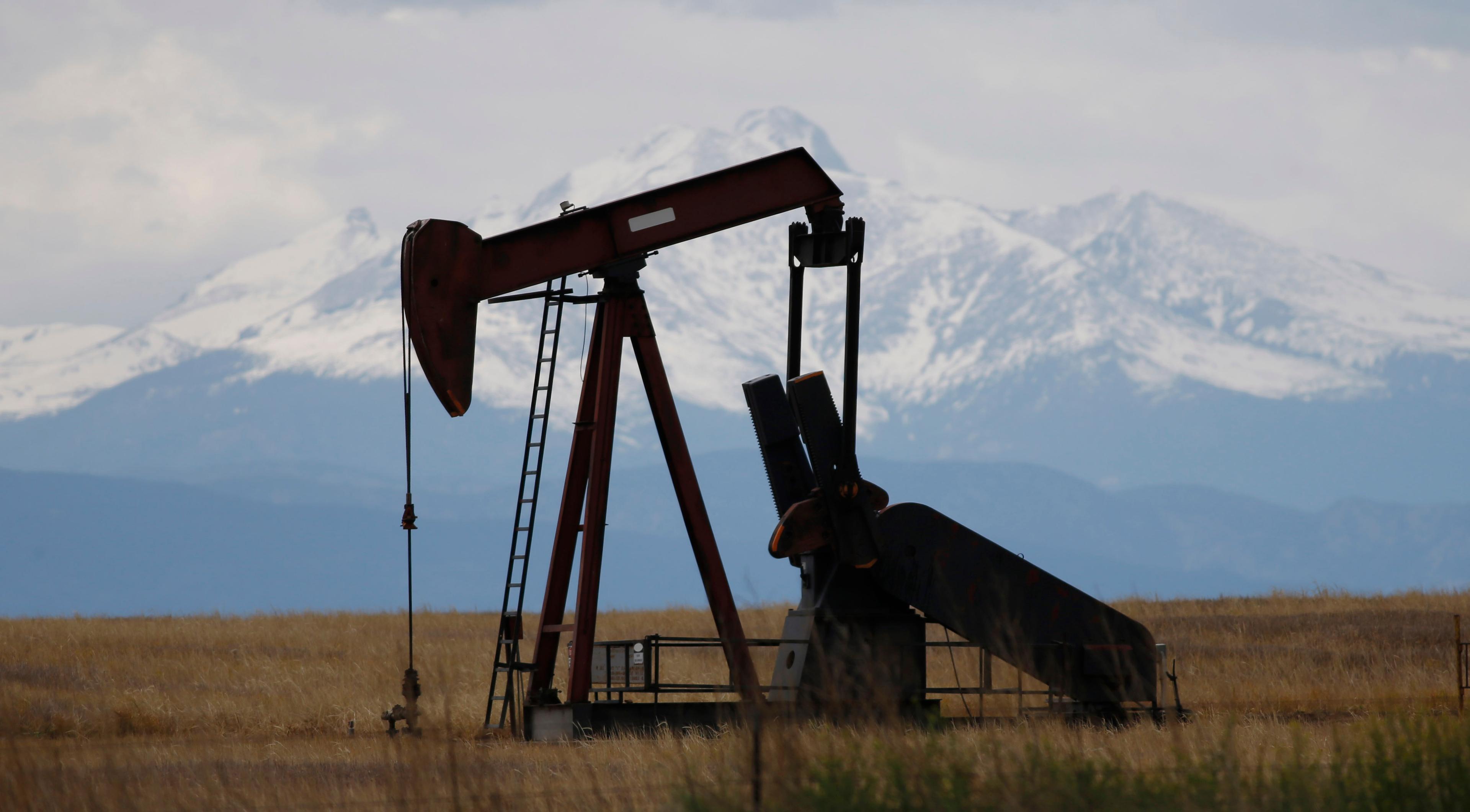
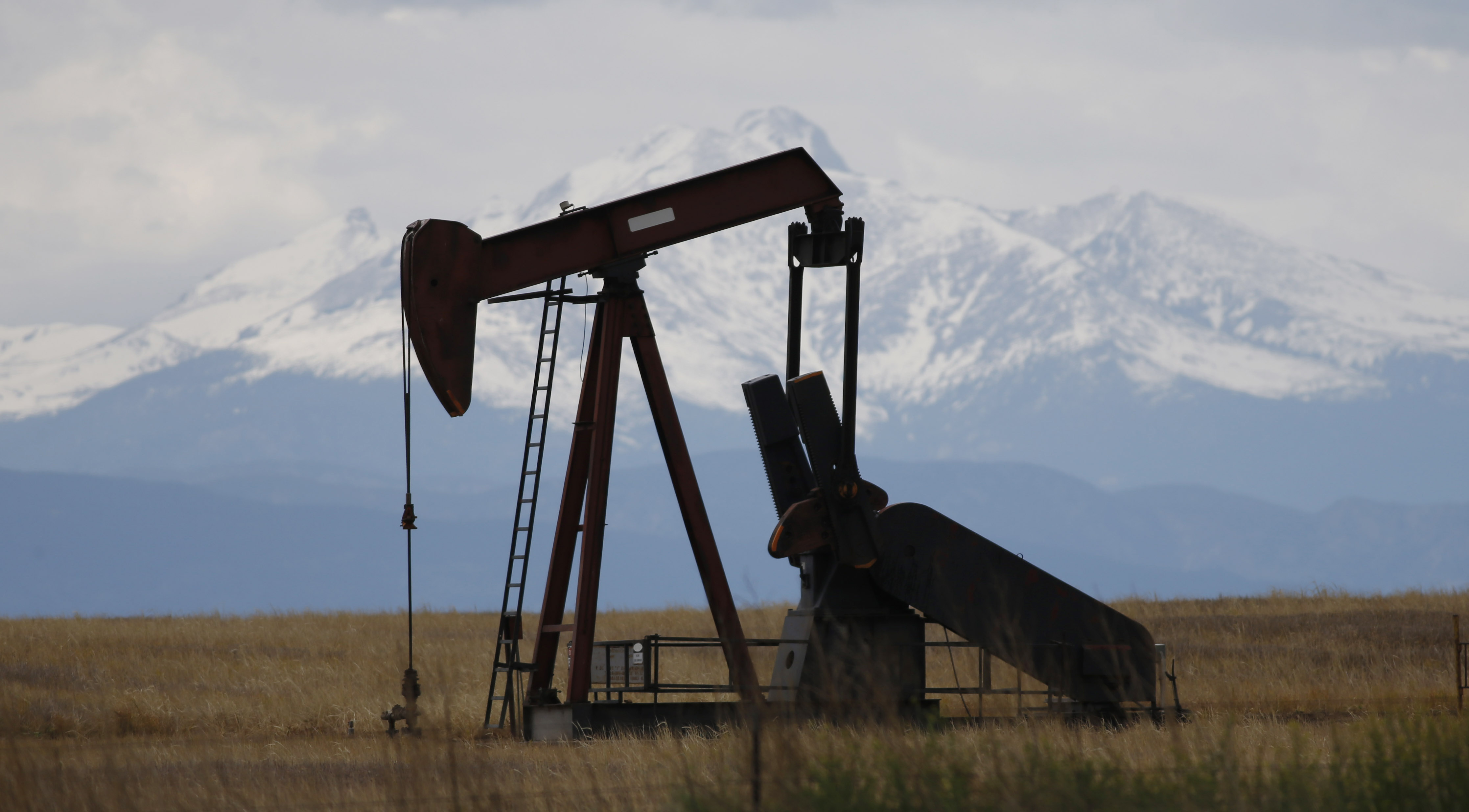
Coloradans said no to wide-sweeping changes in the state’s property protections as voters rejected the passage of Amendment 74.
The measure would have given owners of mineral rights, water rights and property more leeway in the courts to seek compensation if a government action devalues their assets below “fair market value”.
Colorado Election Results
In the weeks before the election, a diverse bipartisan opposition campaign attacked the measure’s scope and purpose. The group included Democratic Gov. John Hickenlooper, Republican Colorado Springs Mayor John Suthers, educators, and many others.
“It’s time to move on and start the fence mending process. It starts with the Farm Bureau. Cities and agriculture have much in common. We need to work together with Governor-elect Polis and the legislature to start to work on an adequate funding source for water infrastructure in Colorado from sports betting,” said Sam Mamet, Colorado Municipal League executive director.
The Colorado Farm Bureau and its issue committee, the Committee for Colorado's Shared Heritage, were behind Amendment 74. Both received significant financial backing from the oil and gas industry.
At its heart, the measure would have given property owners more legal cover to seek money through the court system if government action hurt their assets.
Amendment 74 would likely not exist were it not for Proposition 112, the 2,500-foot oil and gas well setback, making it to the ballot. The oil and gas industry, and agricultural interests, see it as a defensive measure. Amendment 74 would have provided an insurance policy for mineral rights owners’ potential losses under 112.
The Colorado Farm Bureau’s Chad Vorthmann told CPR in October that right now plaintiffs get compensated if losses due to government action are between 70 to 90 percent. Amendment 74 would have charged the courts with coming up with a new framework for weighing losses
